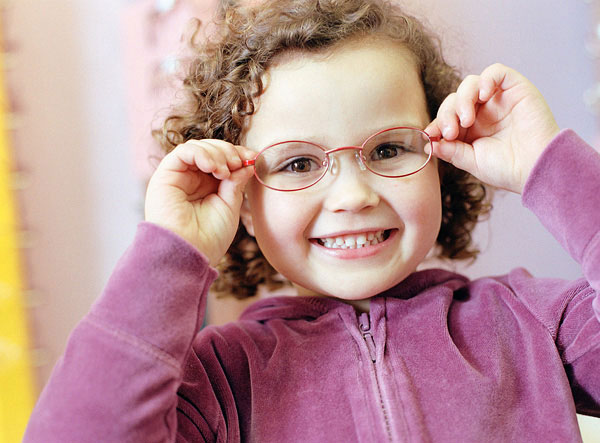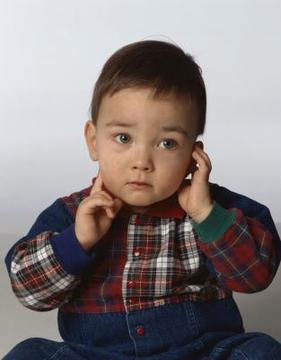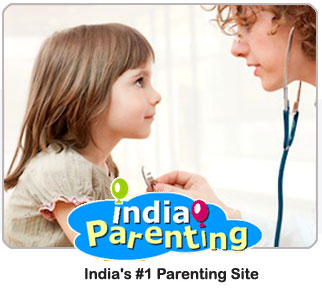 Rotavirus infection is a viral infection mostly affecting children below the age of five. Find out more about this infection and how you can prevent it.
Rotavirus infection is a viral infection mostly affecting children below the age of five. Find out more about this infection and how you can prevent it. Infants and young kids all over the world are affected by Rotavirus. This virus is the most common cause of diarrhoea in infants and children. Immunization against rotavirus is the best way to protect children from this disease.
What is Rotavirus?
Before the development of the Rotavirus vaccine, most of the children used to be affected at least once before the age of five. Rotavirus disease leads to an infection in the intestines. Infants and young kids affected by Rotavirus experience severe diarrhoea which leads to dehydration. Some kids even have to be sent to the hospital for intravenous fluids if the dehydration is severe. This infection is more common in winters. Rotavirus can affect adults however it tends to be more severe in children because their immune systems are not fully developed as yet.
Causes of Rotavirus
Unfortunately, rotavirus is an extremely contagious viral infection which spreads easily. Children infected with this disease spread it easily to other children and even adults. Rotavirus infection spreads through the stool or body fluids of the infected people. Infection can pass on through contaminated water or food as well. Infection spreads rapidly in places where there are many children such as playgroups, nurseries, children’s hospitals, day care centres, etc. Children can catch the infection when they put their hands in the mouth after touching something which is contaminated. Adults can also get the infection when they are dealing with the sick children.
Signs and Symptoms of Rotavirus
The first rotavirus infection is usually most severe. Fever, upset stomach, nausea, lack of appetite, vomiting, abdominal pain, and watery diarrhoea are some of the symptoms of a rotavirus infection. Kids might also have a cough and runny nose. Watery diarrhoea can last for three to eight days. Diarrhoea can range from mild to severe. Since rotavirus infection often results in dehydration, parents must watch out for signs of dehydration as well. Symptoms may be milder in the case of repeat infections.
How to Prevent Rotavirus
It has been seen that practising good hygiene is not sufficient to prevent rotavirus. Almost every child is affected by rotavirus at least once before the age of five even in countries where there are very high standards of sanitation and hygiene. Rotavirus vaccine is safe and effective method to protect children from this disease. Vaccinated children generally experience a milder form of the disease and number of hospitalised cases also comes down. Parents who are dealing with kids affected by rotavirus should wash their hands well especially after changing diapers and before serving or preparing meals.
Treatment of Rotavirus
Severe or even moderate rotavirus diarrhoea might need to be treated at the hospital. The infant or toddler is given intravenous fluids to stabilise the fluid and salt levels in the body. Older kids can be treated in the house itself without being hospitalised. When diarrhoea persists for more than two or three days doctors will also suggest the right drinks which will replace fluids in the body. There is no special treatment as such for this illness. Kids might need to take a paracetemol or ibuprofen tablet so that the fever and pain subsides.
Rotavirus vaccines are given along with other regular vaccinations. Babies with some specific medical conditions cannot be given the vaccination. Cold or mild fever is not a reason to avoid or delay vaccination.
Generally, there are no serious side effects of the vaccine. However, in case of any adverse or unexpected reactions after the vaccination, you should contact your doctor or healthcare provider as soon as possible.
What are the cause of rotavirus infection in babies and kids? What are the symptoms of rotavirus infection? How to prevent rotavirus infection? Discuss here.











 Rotavirus infection is a viral infection mostly affecting children below the age of five. Find out more about this infection and how you can prevent it.
Rotavirus infection is a viral infection mostly affecting children below the age of five. Find out more about this infection and how you can prevent it. 

















